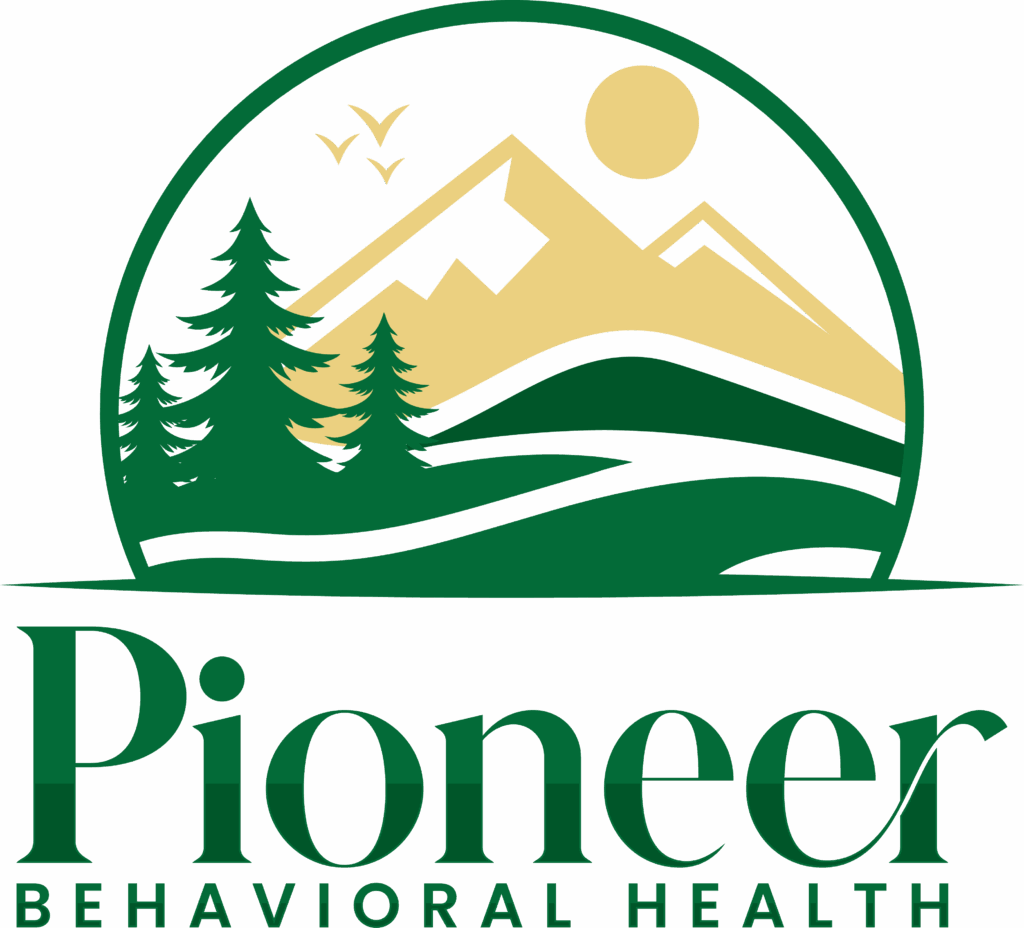Trauma refers to deeply distressing experiences that can leave lasting marks on a person’s emotional and physical well-being. While some traumatic events are remembered vividly, others may be pushed out of conscious awareness. This is known as repressed trauma—when the mind buries painful memories as a way to protect itself.
Repressed trauma doesn’t simply disappear; instead, it often shows up in subtle ways—through emotional difficulties, recurring patterns, or unexplained physical symptoms. Because these memories remain hidden in the subconscious, many individuals are unaware they’re still being affected by past trauma. Recognizing the signs is the first step toward recovery and healing.
Why Does the Brain Repress Trauma?

When a traumatic experience becomes too overwhelming to process, the brain may respond by blocking it from conscious memory. This self-protective response can offer short-term relief, allowing a person to function without being constantly reminded of the pain. However, over time, unresolved trauma can continue to influence one’s thoughts, behaviors, and overall mental health—often without the person realizing it.
Common Signs of Repressed Trauma
Identifying repressed trauma can be difficult because the signs aren’t always obvious. Here are some of the most common ways it may show up in your life:
1. Unexplained Anxiety or Depression
Persistent feelings of anxiety or depression—especially when there’s no clear cause—may be rooted in unresolved trauma. These emotions often surface when the subconscious is trying to process something buried deep within.
2. Emotional Numbness or Disconnection
Feeling detached from your emotions or from others can be a sign that your mind is protecting you from past pain. While this defense mechanism may help shield you from distress, it can also block feelings of joy, love, and connection.
3. Memory Gaps or Forgetfulness
It’s normal to forget some parts of the past, but if you have large blank spots—especially from childhood—it could suggest repressed trauma. The brain sometimes blocks out painful experiences to protect your emotional well-being.
4. Chronic Physical Symptoms Without a Medical Cause
The body often reflects what the mind cannot express. Ongoing headaches, fatigue, digestive issues, or muscle tension—especially when medical tests find no clear cause—may be the body’s way of holding onto unresolved emotional pain.
5. Unexplained Fears or Phobias
Sudden or intense fears without an obvious origin can also point to repressed trauma. For instance, an irrational fear of water may stem from a traumatic experience, like a near-drowning, that you don’t consciously remember.
How to Explore Possible Repressed Trauma
If you think you might be carrying repressed trauma, the process of uncovering it can be deeply transformative. While it may feel overwhelming at first, there are several ways to begin safely exploring your inner experiences:
1. Journaling and Self-Reflection
Writing down your thoughts, feelings, and life patterns can help bring buried emotions to the surface. Try free-writing—jotting down whatever comes to mind without filtering—to access subconscious thoughts and uncover possible trauma-related themes.
2. Therapy and Professional Support
Working with a trained therapist can make a world of difference. Therapies such as EMDR (Eye Movement Desensitization and Reprocessing), trauma-focused cognitive-behavioral therapy (CBT), and hypnotherapy are specifically designed to help individuals process and heal from repressed trauma in a safe, structured environment.
3. Mindfulness and Somatic Awareness
Practices like deep breathing, body scanning, and guided visualization can help you tune into your body and become more aware of emotional responses tied to past experiences. The body often remembers what the mind has forgotten, and mindfulness can create space for those memories to emerge gently.
4. Examining Relationship Patterns
Unresolved trauma frequently impacts how we relate to others. If you struggle with trust, fear of abandonment, or find yourself in unhealthy relationship dynamics, these patterns may be rooted in past traumatic experiences. Recognizing them is a vital step toward creating healthier, more fulfilling connections.
Get Repressed Trauma Treatment in Longmeadow, MA

Repressed trauma often hides beneath emotional distress, behavioral patterns, or physical symptoms. While it may be difficult to recognize, acknowledging its presence is a powerful step toward healing.
At Pioneer Behavioral Health, we provide compassionate, evidence-based care to help you uncover, process, and heal from unresolved trauma. Whether you’re dealing with repressed memories or simply feeling “off” without understanding why, our team is here to guide you.
Contact us today to begin your healing journey. Recovery is possible, and with time, support, and the right tools, you can find peace, clarity, and emotional freedom.

